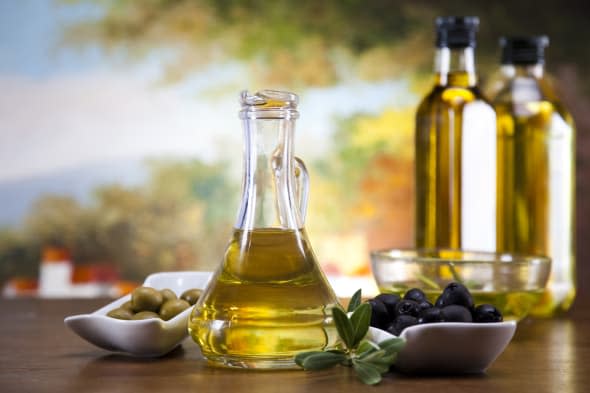Olive tree disease could cause oil shortage

The crisis affecting Italy's olive trees has intensified, leading to fears of a big rise in the price of the oil.
The EU has recommended the felling of 11 million trees in the south of the country in an attempt to battle a deadly bacterium that has already wiped out a million trees.
Xylella fastidiosa, which originated in the Americas, is spread by an aphid, and can also infect grape vines, almond trees and other crops. It causes plants to shrivel and die.
And according to the Daily Mail, the EU has now decided that the only way to prevent the spread of the disease is to chop down all the olive trees across a 20,000 acre area of Puglia, burning or burying the remains.
And, once felled, the groves can't be replanted, for fear that the bacterium would survive and reinfest any new trees.
"We have to take decisive measures with immediate effect," says the European Commissioner for Food Safety and Security, Vytenis Andriukaitis. "Naturally, it is very painful for the growers but it is necessary to remove all the affected trees, it is the most effective measure."
Puglia is famous for its olive oil, which is reputed to be the best to be found in Italy. It produces around a quarter of the country's total crop - 11 million tonnes.
But the trees themselves are special too, with some olive groves dating back over 500 years, and some individual trees an astonishing 3,000 years old. Indeed, Unesco is currently considering designating the region's Piana degli Ulivi (Plain of Olive Trees) as a world heritage site.
Italy's olive oil production has already been hard hit over the last year by a widespread infestation of Bactrocera oleae, the olive fruit fly. This tiny insect lays its eggs in the olives, damaging the fruit, and giving the oil a strong, woody aftertaste.
On top of this, poor weather conditions in 2013 have meant that last year's harvest in Italy was little more than half the amount that had been forecast.
Meanwhile, Spain has experienced its worst olive crop in nearly a decade, following harsh winter frosts and a summer drought. Only Greece, Tunisia and Turkey reported good harvests last year.
The Grocer magazine reports that bottlers are paying between 20 and 40% more for their oil - the highest buying price in over three years. As a result, consumers can expect to see prices rise, possibly by as much as £2 a bottle.
Read more on AOL Money:
Cost of olive oil set to rise sharply
'Fake' Harrods olive oil pulled from shelves
Would you pay £200 to pick Sting's olives?




